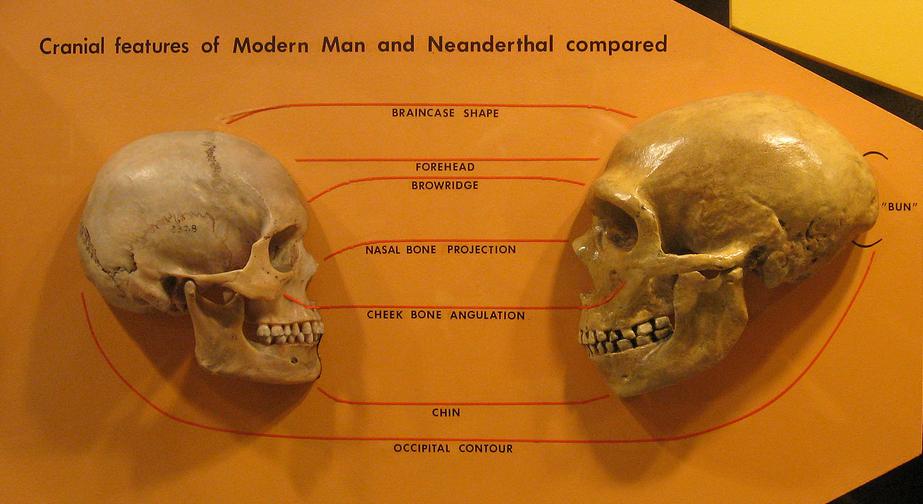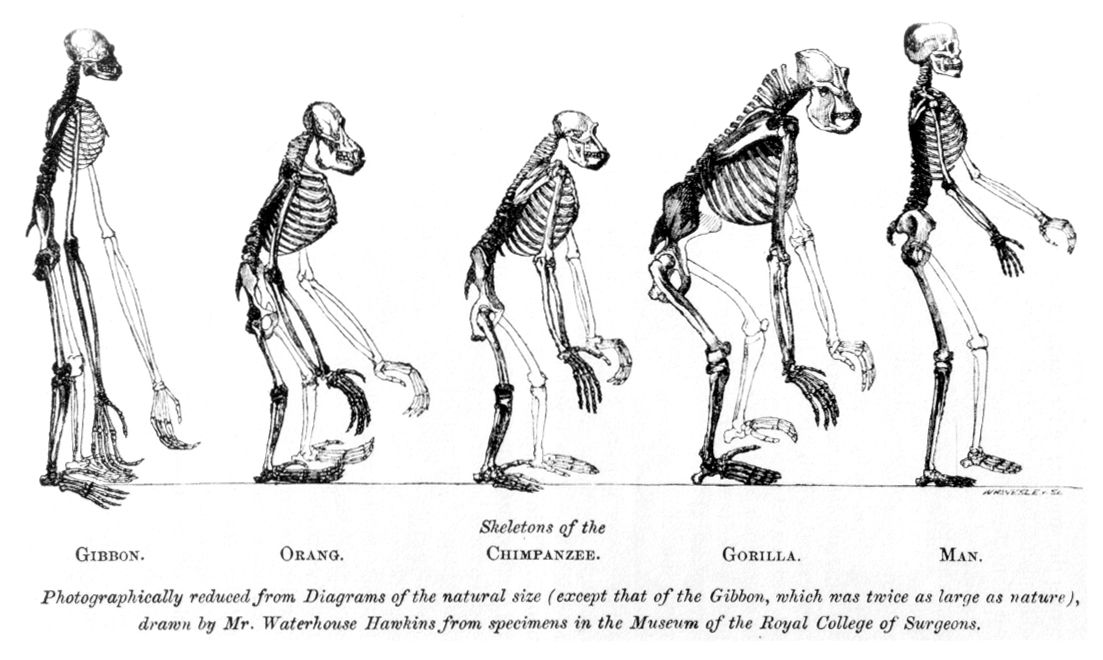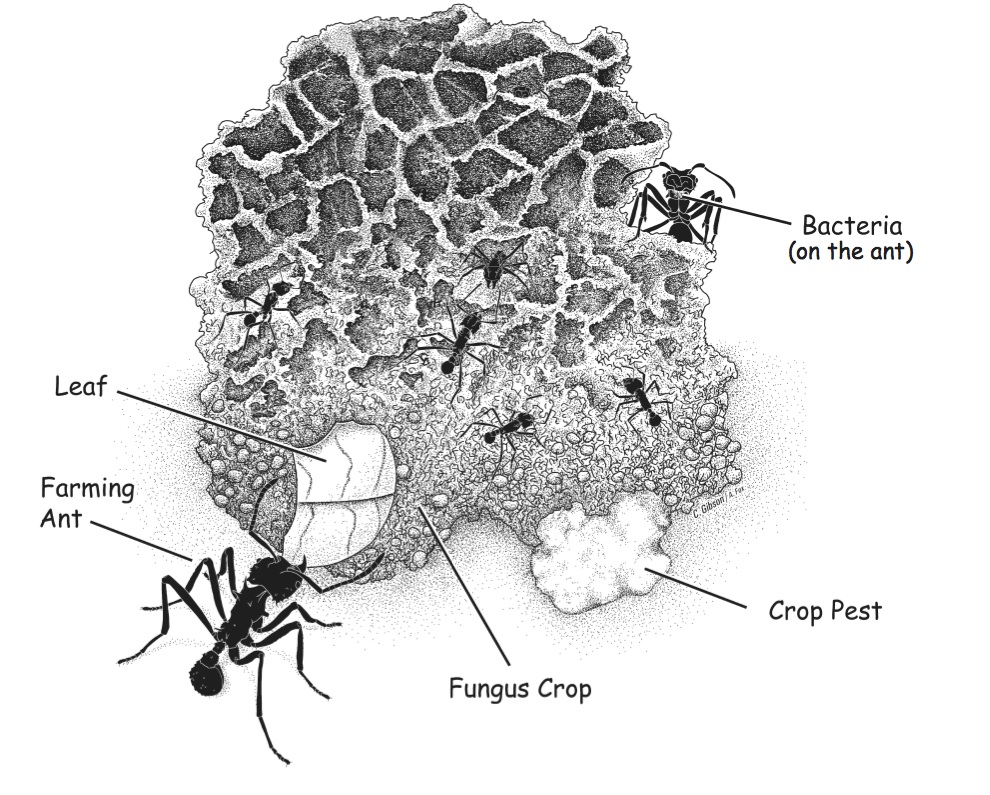Throughout recorded human history, millions of people have died from infectious diseases like tuberculosis, mumps, and measles. In many parts of the world, they still do. Public health scientists aim to improve human health by identifying risk factors for disease and setting up systems to reduce those risks. To achieve this, they study everything from systemic problems like unclean air and …
Decoding the Stories of Our Ancestors pt. 2
In my previous post, I discussed the evidence and arguments that led to the widespread acceptance of the “Recent Out-of-Africa” theory of human origins. Anthropologists in the 19th and 20th centuries defined the scope of the questions about our ancestry – Where did we originate? How long have we existed as a species? – and began to answer them using fossil evidence. However, …
Research animals and livestock: Why are their lives weighed differently?
When I decided to take classes that would allow me to conduct research on animals, I was prepared for some ethical struggles. I have raised and slaughtered chickens, but had no problems with it since I knew that I had given them good lives. However, I was concerned that research animal facilities would be like Concentrated Animal Feeding Operations (CAFOs …
Energy, shmenergy
Like many other young idealists, I have been a strong believer in the potential of green energy to benefit society. As a younger man, I thought it would be possible to solve the world’s energy problems through renewable energy sources like wind and solar. After all, the sun and wind are so abundant! The initial investment is expensive, but on …
Decoding the Stories of our Ancestors – Pt. 1
Main picture: Frontispiece to Huxley’s “Evidence as to Man’s Place in Nature” (1863). From Wikimedia Ever since a skeleton from the Neander Valley was recognized as an extinct relative of humans in 1856, people have been captivated by the mysterious history of migration, murder, and mating by which Homo sapiens conquered the world. For a long time, a few scattered fossils and …
How to Explain Climate Change to Your Own Mother: The Science and The Scientists
What is climate science? Who are climate scientists? I promised an answer and I’m here to deliver, by dissecting how climate is measured and who gathers this climate data. However, to kick off this post, we will actually start with what climate is not, and that’s weather. Many misconceptions about climate science stem from the confusion between these two topics. …
The Drug Data Wars!
There is an inherent conflict between the cutting edge of scientific research and laws made by policy makers. The scientific process demands constant reviewing of evidence, thus appearing to be in a constant state of flux. By contrast, laws take longer to be updated or refuted [due to the natureof the political process], often rendering them incongruent with technological and …
Too good to be true: Leafcutter ants pt. 2
Main picture: Cara Gibson for NSTA The scientific process can be very messy indeed, and what originally seem like rock-solid conclusions can later turn out to be specious. Scientists very rarely straight-up lie about their findings for fame and glory; institutional and cultural oversight within science keep the rascals in check. More often, the effect that was originally (honestly) measured later turns …
An uncomfortable pause
Main photo from michaelnewnham.com Over the holidays, I was walking on the beach in California with my dad and brothers. As the Boehnke clan ambled across the beach, we ruminated about the public health implications of various scientific discoveries and policies, including the malaria vaccine, HIV vaccine, water quality improvements, and antibiotics (yes, I have a really, really exciting family). …
Spectacular Symbiosis: Leafcutter Ants pt. 1
Of all the animals with which we have the honor of sharing the world, leafcutter ants have to be amongst the most impressive. Over the last ~50 million years, the 47 species of leafcutter ants have achieved remarkable evolutionary success, extending their range from Mexico to Argentina. They are the dominant herbivores in the tropical Americas, and can be major agricultural pests, stripping small trees of their …




